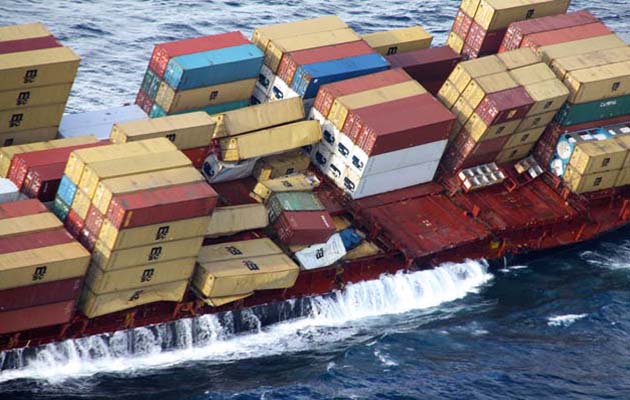Definition of ‘Wreck’
In the UK Merchant Shipping Act 1894 ‘wreck’ is defined as including ‘. . . jetsam,
flotsam, lagan, and derelict in or on the shores of the sea or any tidal waters’. ‘Jetsam’
is goods thrown into the sea to lighten the vessel. ‘Flotsam’ is goods which float
when a ship sinks. ‘Lagan’ refers to goods from a sunken ship heavier than water
which has been buoyed to prevent it from sinking. ‘Derelict’ includes the ship itself
if it is not in the possession or control of its owner.
Collins English Dictionary defines ‘shipwreck’ as ‘[t] he partial or total destruction
of a ship at sea—a wrecked ship or part of such a ship’.
These definitions should be borne in mind when considering the definition of
‘wreck’ in the Nairobi International Convention on the Removal of Wrecks, 2007
(Wreck Removal Convention 2007).
Background to Wreck Removal Convention 2007
The Wreck Removal Convention 2007 developed from an initiative on the part
of Germany, the Netherlands, and the United Kingdom. At the seventy-third
Session of the IMO Legal Committee in 1994 these three nations submitted a
paper in which they argued that an international treaty on wreck removal was
necessary in order to establish uniform rules for wreck removal operations in
international waters—not, it will be noted, territorial waters. A first Draft Wreck
Removal Convention was attached to this joint submission. The co-sponsors suggested
that a convention covering wreck removal would not be inconsistent with
the powers of coastal States under Article 221 of the United Nations Convention
on the Law of the Sea, 1982 (UNCLOS) and would fill gaps in the existing
international law.
In their initial submission, supporting the Draft Convention, the three sponsoring
nations highlighted incidents involving wrecks located outside their territorial
waters which had caused navigational problems for vessels visiting their ports or
had threatened oil pollution. They asserted that they were powerless to deal with
such wrecks under existing national laws.
In 1996, two years after this matter had been put before the Legal Committee, the
Comité Maritime International (CMI) submitted a report on the Draft Convention
which suggested that the International Maritime Organization (IMO) could be
more ambitious and seek to create a universal wreck removal law, covering wrecks
in both territorial and extra-territorial waters. As drafted, the Convention only
dealt with wrecks in international waters whereas, the report noted, ‘the majority
of wreck removal cases’ relate ‘to wrecks within the territorial sea’.

